Author: admin
-
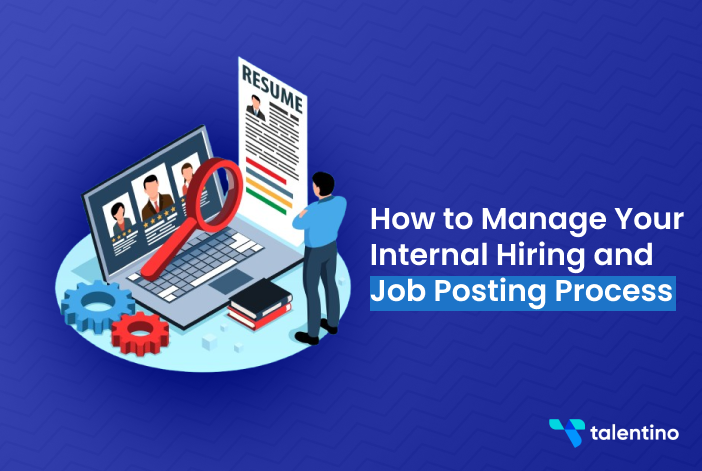
Everything to Know About Internal Hiring: Challenges, Benefits, and Strategies
Finding and retaining the right talent for the job is slowly becoming more and more troublesome. As Generation Z begins to fill the workforce, “job hopping” has become a recurring trend among today’s talent. A 2023 survey by ResumeLab revealed that as many as 83% of Gen Z workers identify as Job Hoppers¹. But what…
-
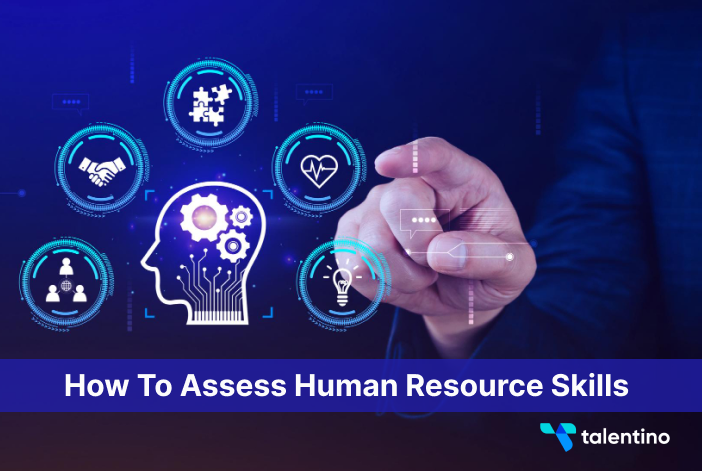
5 Ways to Assess Human Resource Skills
In today’s business world, Human Resource (HR) skills are more crucial than ever. As companies grow, skilled HR professionals are vital. They help with recruitment, employee management, and strategic planning. The HR industry is projected to grow significantly, with HR software expected to reach a market size of $14.8 billion by the end of 2023,…
-

How to Measure Culture Change? 8 Methods for Your Business
Measuring culture change is crucial for driving business growth and ensuring long-term success. Strong cultures boost revenues by up to 4×1. It emphasizes the critical role culture plays in driving success. Businesses can track cultural shifts using KPIs. They help monitor progress, highlight milestones, and guide data-driven decisions. This approach fosters growth. It ensures cultural…
-

What Is Time to Hire? Everything You Need to Know
Hiring managers need help finding talent. Nearly 9 in 10 (86%) say finding the right people is challenging1. A slow hiring process adds to this problem. Delays mean companies miss out on top candidates. They accept other offers or lose interest. This is where time to hire becomes key. Time to hire measures how fast…
-
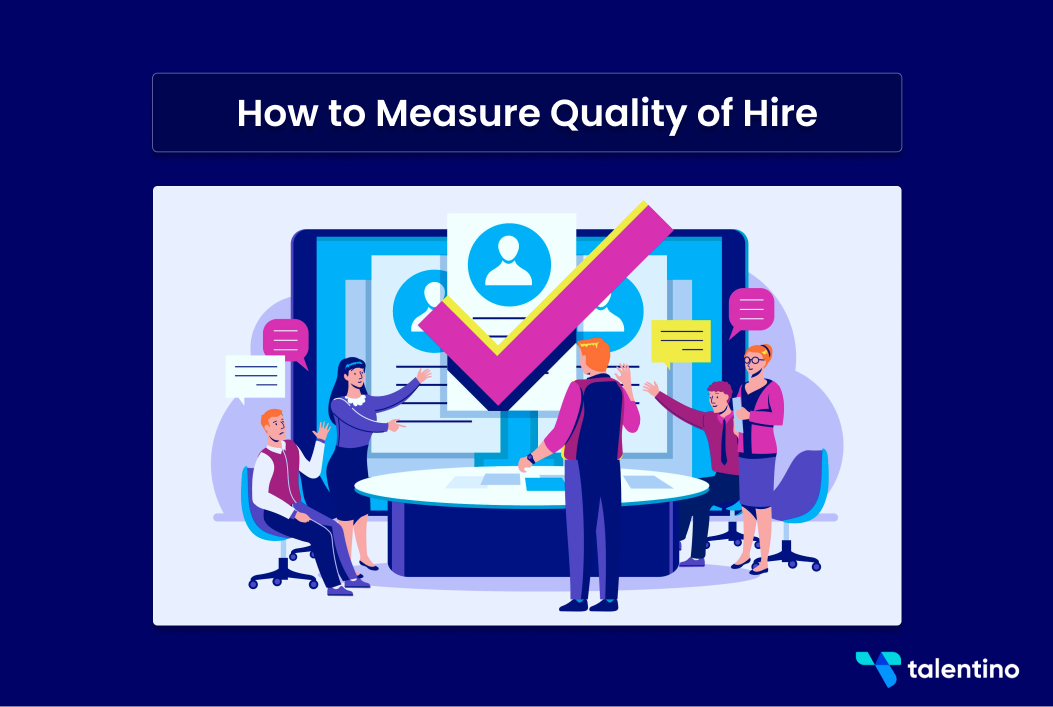
8 Ways to Measure Quality of Hire (QOH)
Measuring the quality of hire (QoH) is crucial for organizational growth and optimizing talent. It helps companies understand how well new hires perform, fit into the company culture, and contribute to long-term success. Quality of Hire (QoH) is a recruitment metric. It measures a new employee’s value by their performance, retention, and cultural fit. The…
-
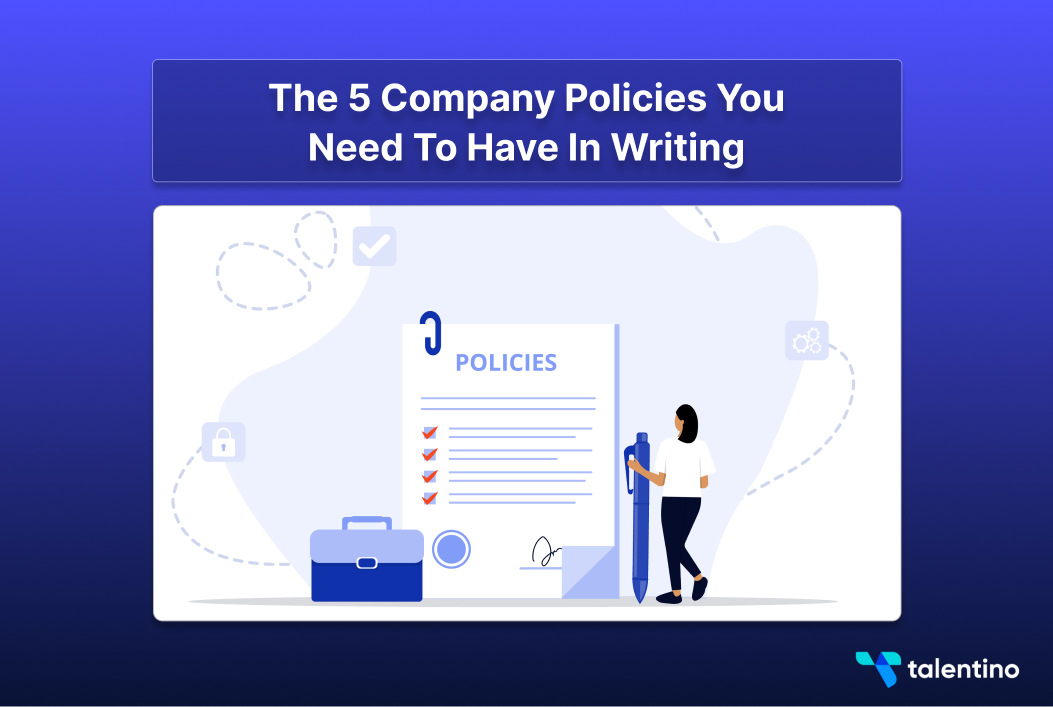
The 5 Company Policies You Need to Have in Writing
Having clear, written company policies is essential for any business. These documents guide employee behavior, ensure consistency, and ensure legal compliance. Written policies protect businesses from disputes and misunderstandings. They set clear expectations for all staff. Access to these policies gives employees security and fairness. It helps them understand their workplace rights and responsibilities. By…
-
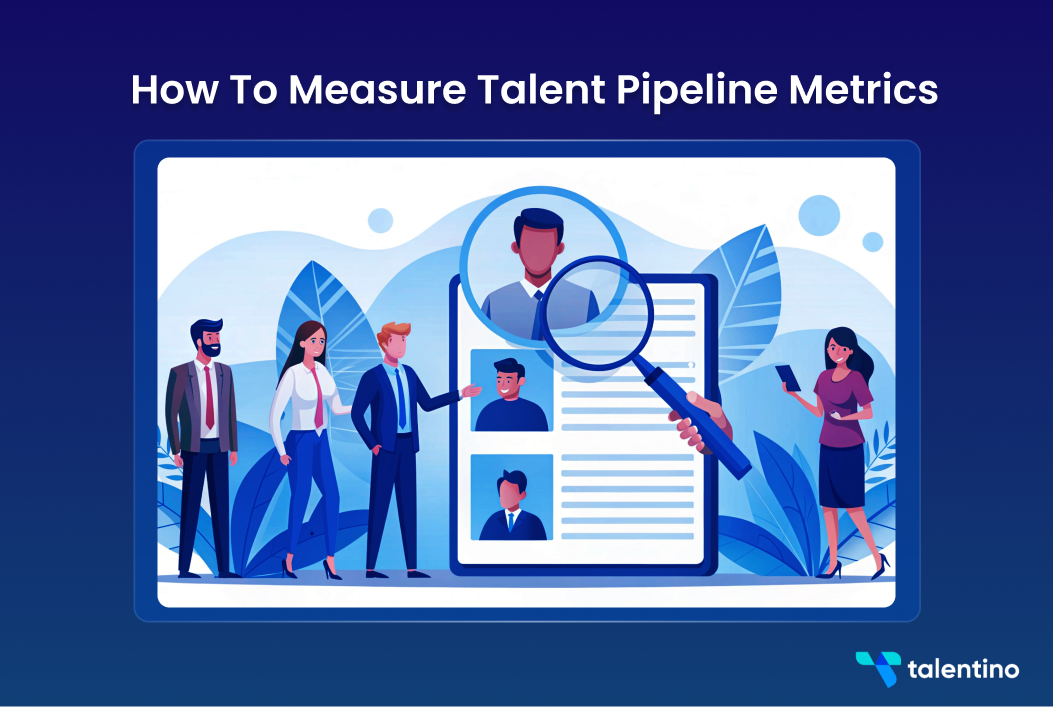
How to Measure Talent Pipeline Metrics for Smarter Hiring?
A strong talent pipeline ensures companies can fill roles quickly with the right candidates. Tracking talent pipeline metrics helps businesses. It shows how well their hiring processes work and where to improve. Companies can meet future hiring needs by measuring key metrics. These include time-to-hire, candidate quality, and offer acceptance rates. They can then use…
-
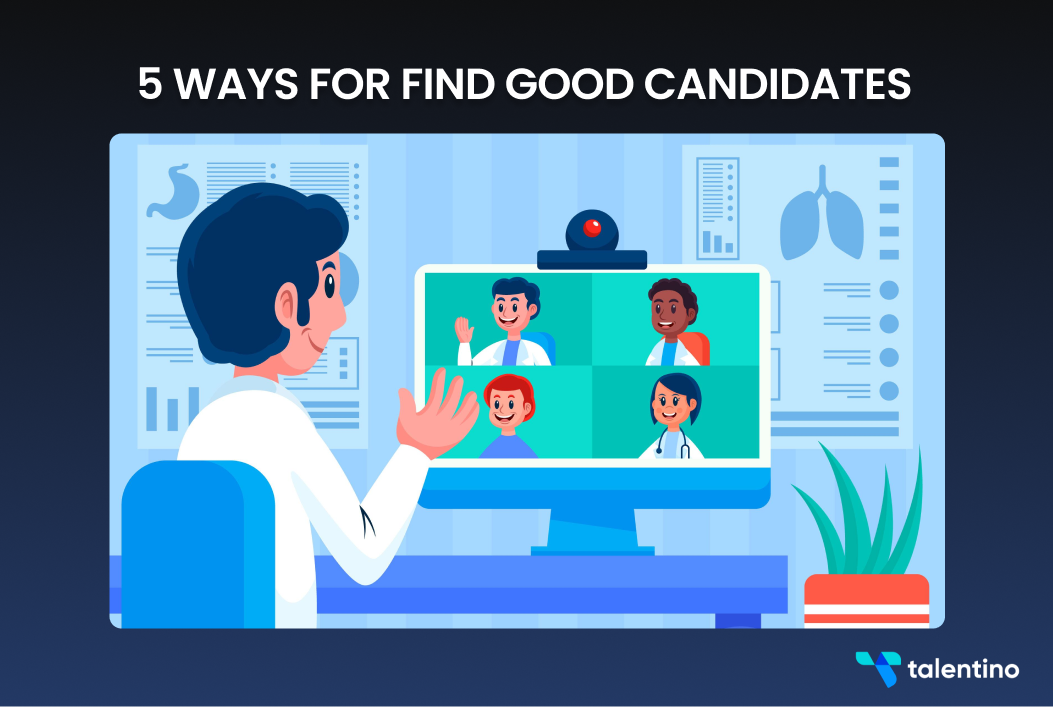
5 Ways to Find Good Candidates for the Job
Finding good candidates is crucial for any business. It impacts performance, retention, and company culture. In today’s competitive job market, recruiters and hiring managers face greater challenges than ever. According to recent studies, 77% of employers globally report difficulty finding skilled talent, compared to just 35% a decade ago1. This talent shortage creates significant obstacles…
-
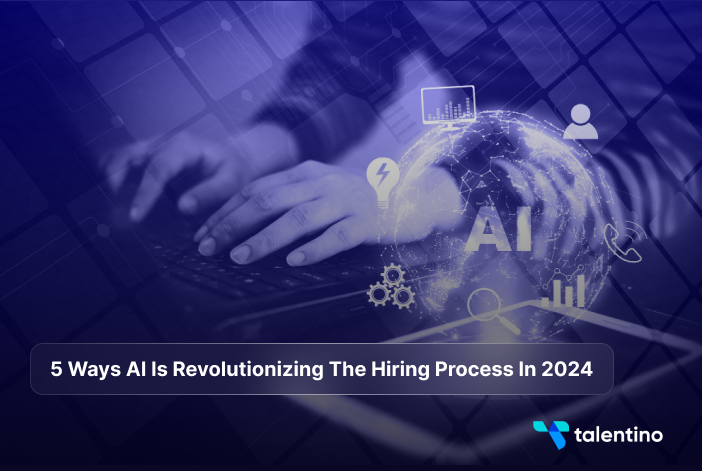
5 Ways AI Is Revolutionizing the Hiring Process in 2024
The hiring process has been a complex, time-consuming task. It involves multiple stages, from screening resumes to conducting interviews. However, rapid advances in technology, especially AI, are changing recruitment. AI is being used more in the hiring process in 2024. It offers new levels of efficiency and accuracy that were once unattainable. A Society for…
-
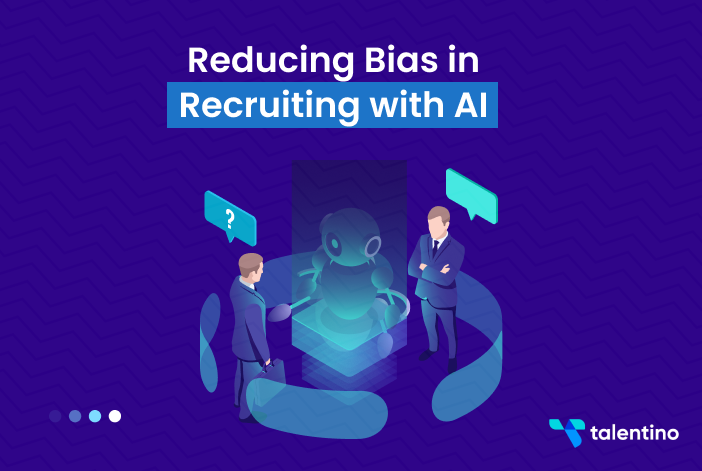
7 Strategies for Reducing Bias in Recruiting with AI
Fair and unbiased recruiting is essential for creating diverse and inclusive workplaces. A study published in The New York Times reveals significant employment discrimination. Researchers conducted an extensive audit by sending 80,000 fake résumés to major U.S. companies. It found that presumed white applicants got callbacks 9.5% more often than presumed Black applicants1. It highlights…